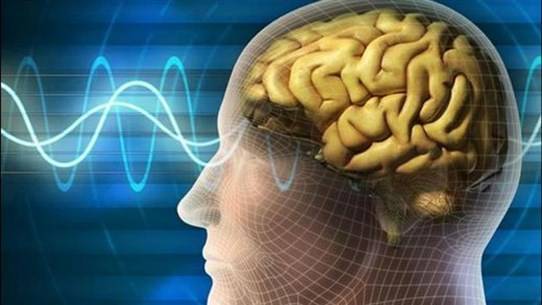According to aging scientists, most of our daily habits negatively affect the brain. They explain how habits impact health and how we should live for the brain to function effectively. Dr. Vladimir Khavinson and Dr. Svetlana Trofimova point out that the brain controls our eating, breathing, sleeping, thinking, falling in love, and debating abilities. Unfortunately, some seemingly harmless habits destroy it and prevent it from functioning fully. What are the habits that hinder our development?
1. **Sleep:**
The doctors indicate that sleeping eight hours a day is essential for preventing neurodegenerative diseases of the brain. Those who sleep less are more at risk for accelerated aging and impaired brain functions.
2. **Water:**
A person should drink at least 1.5 liters of pure water because water makes up 80% of the brain. It also helps improve cell function. Drinking a cup of water half an hour before meals is a good and beneficial habit.
3. **Drinking sweetened tea with desserts:**
A high blood sugar level suppresses pancreatic functions and can stimulate the development of diabetes. Under the influence of sugar, a large number of free radicals appear in the body, which can damage the brain's structure and nerve impulse transmission. According to World Health Organization recommendations, a person should not consume more than six teaspoons of sugar daily.
4. **Using headphones:**
Noise negatively affects the brain because loud sounds damage the auditory receptors associated with the brain.
5. **Worrying and being nervous over trivial matters:**
According to Dr. Vladimir Khavinson, key personality traits are tolerance and forgiveness, as cortisol, known as the stress hormone, destroys us.
6. **Lack of physical activity:**
A sedentary lifestyle also harms the brain. When exercising, special substances are produced in the muscles, which aid in the synthesis of neurotrophic factors in the brain, contributing to faster nerve impulse transmission. The brain works better when we exercise.
7. **Skipping breakfast:**
It is preferable to have breakfast within 1.5 hours after waking up. For example, oatmeal is high in zinc and the amino acid tryptophan, from which melatonin is formed.




